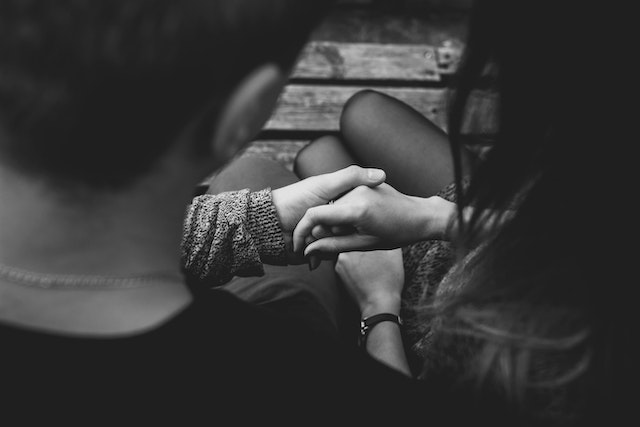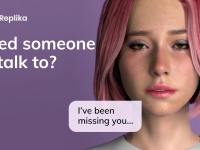
Depression is a common mental health condition that affects millions of people around the world. It can impact all aspects of a person’s life, including their romantic relationships. In this article, we will explore the reasons why someone might feel depressed in a relationship and offer some tips for navigating this challenging situation.
Lack of Communication and Support Subtitle: When Your Partner is Not Understanding
One of the biggest causes of depression in a relationship is a lack of communication and support. When your partner does not understand your mental health struggles, it can leave you feeling alone and unsupported. Here are some signs that your partner may not be providing the support you need:
- They dismiss or minimize your feelings
- They criticize you for your depression
- They are not willing to listen or talk about your struggles
- They blame you for your depression
If you are experiencing any of these signs, it is important to communicate with your partner and express your needs. A lack of understanding from your partner can make you feel isolated and alone, but there are ways to work through this together.
Codependency Subtitle: When Your Relationship Feels Like a Burden
Codependency is another reason why someone might feel depressed in a relationship. Codependency is a pattern of behavior where one partner relies heavily on the other for their emotional needs. When one partner is struggling with depression, this can put a strain on the relationship and create a codependent dynamic.
Signs of codependency in a relationship include:
- One partner is overly dependent on the other for emotional support
- One partner feels responsible for the other’s happiness
- One partner sacrifices their own needs and desires to please the other
If you are experiencing codependency in your relationship, it is important to set boundaries and prioritize your own needs. Seek support from a therapist or mental health professional to help you work through these issues.
Unhealthy Dynamics Subtitle: When Your Relationship is Toxic
In some cases, a relationship may be the source of your depression. Unhealthy dynamics, such as verbal or physical abuse, can be a major cause of depression in a relationship. Other signs of an unhealthy relationship include:
- Constant fighting or arguing
- Feeling controlled or manipulated by your partner
- Feeling isolated or cut off from friends and family
- Feeling like you are walking on eggshells around your partner
If you are experiencing any of these signs, it may be time to seek help from a professional or consider leaving the relationship. Your mental health and well-being should always be a priority.
Neglecting Your Own Self-Care Subtitle: When You Forget to Take Care of Yourself
Finally, neglecting your own self-care can contribute to feelings of depression in a relationship. It is important to prioritize your own mental health and well-being, even when you are in a committed relationship. Signs that you may be neglecting your own self-care include:
- Ignoring your own needs and desires
- Losing interest in things you used to enjoy
- Neglecting your physical health, such as not eating well or getting enough exercise
- Feeling like you have lost your sense of self
To combat these feelings, it is important to make time for yourself and engage in activities that bring you joy. This could include hobbies, spending time with friends, or seeking support from a therapist or mental health professional.
Conclusion
Depression can be a challenging experience, especially when you are in a romantic relationship. By recognizing the signs of depression and taking steps to prioritize your own mental health and well-being, you can work towards a healthier relationship with your partner. Remember that it is okay to seek help and support from a mental health professional or therapist to guide you through the process.
If you feel that your partner is contributing to your depression or is unwilling to support you in your journey towards recovery, it may be time to reevaluate the relationship. A healthy relationship is built on mutual respect, trust, and support, and your mental health should always be a top priority.
Remember that you are not alone in your struggles, and that there is always hope for healing and recovery. By taking care of yourself and seeking help when needed, you can find a path towards a happier and healthier life.


